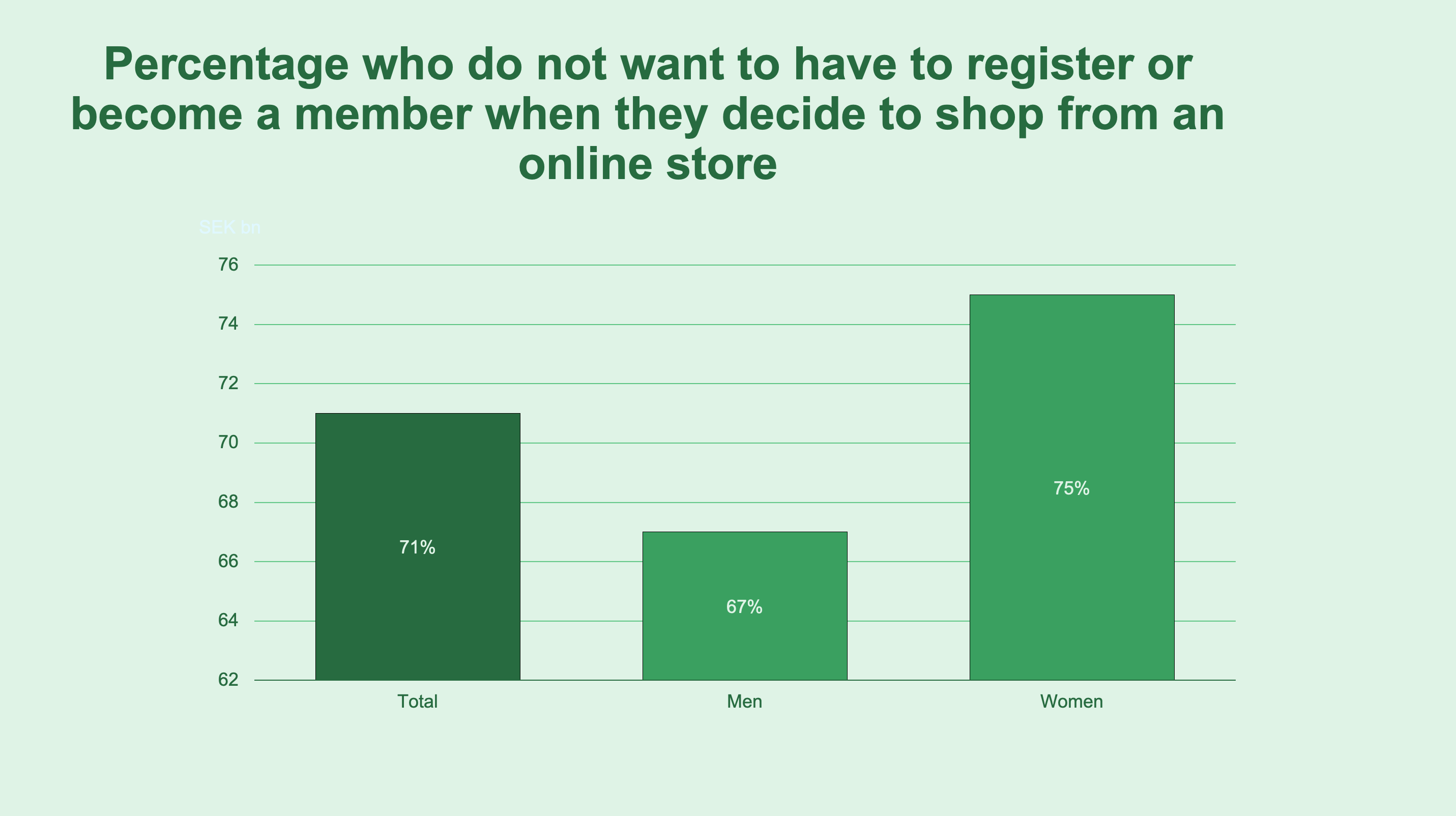The phasing out of third-party cookies is in full swing
The possibilities for companies to collect data on consumer purchasing behavior are becoming increasingly limited.
At the start of e-commerce, most information was free to collect, but the collection has since been regulated by regulations such as the data protection regulation GDPR, which entered into force in 2018. Shortly afterwards, it was decided that the consumer should be able to approve or opt out of the use of cookies: a small text file that the website stores on a user's computer to remember selected settings and preferences.
Today there is a discussion about third-party cookies, cookies that are collected by a domain other than the one the user is currently visiting. Third-party cookies are often used for tracking internet users and targeted advertising, but also to improve the user experience on a website by making it more user-friendly and personal.
The reason for the phasing out is that more and more internet users have expressed a concern regarding tracking and other privacy violations that are made with the help of cookies. In response to this, major browsers have announced that they already have or have plans to start phasing out third-party cookies. Google plans to phase out third-party cookies by 2024, while Safari and Firefox have already blocked many third-party cookies.
The phase-out of third-party cookies is expected to have a significant impact on the digital advertising industry. For e-tailers, this means that they will need to collect more first-party data in order to be competitive and continue to offer customers a tailored experience

First-party data is becoming increasingly important
When third-party cookies disappear, companies will have to use other technologies to collect information, which means that first-party data will play an increasingly important role when it comes to offering the consumer a tailored online experience.
To a greater extent than before, the companies will need to obtain information from the customers themselves, for example by requiring them to register when purchasing products. A majority of consumers (71 percent) dislike though to have to register when purchasing online.
For companies that do not already have many registered members or similar, consumer reluctance to register will present a major challenge. As the information requested becomes more difficult to obtain, the customer will instead have to be enticed to share the information in other ways. For example, it may be about exclusive offers or discounts for those who choose to register.
Source: The E-barometern 2022

